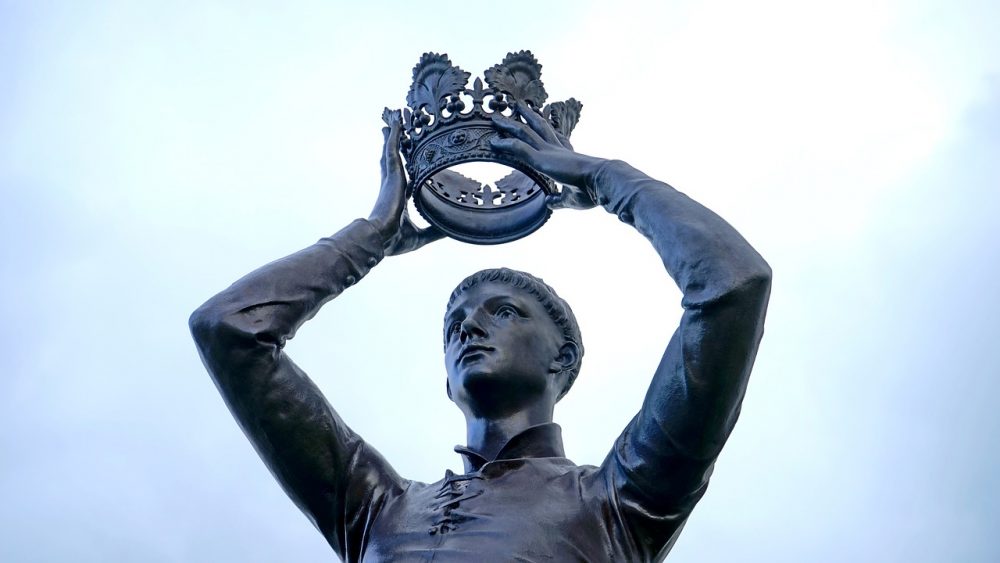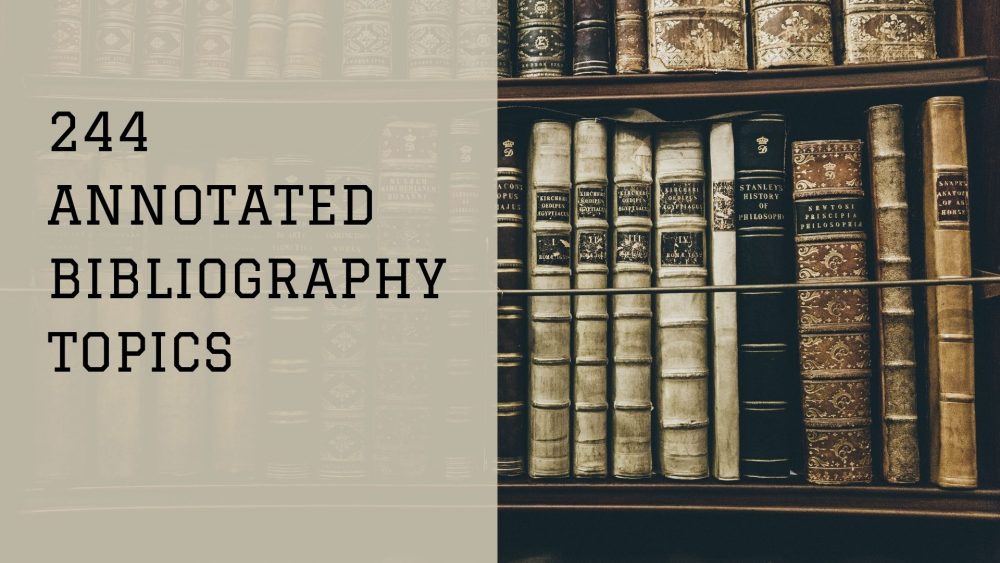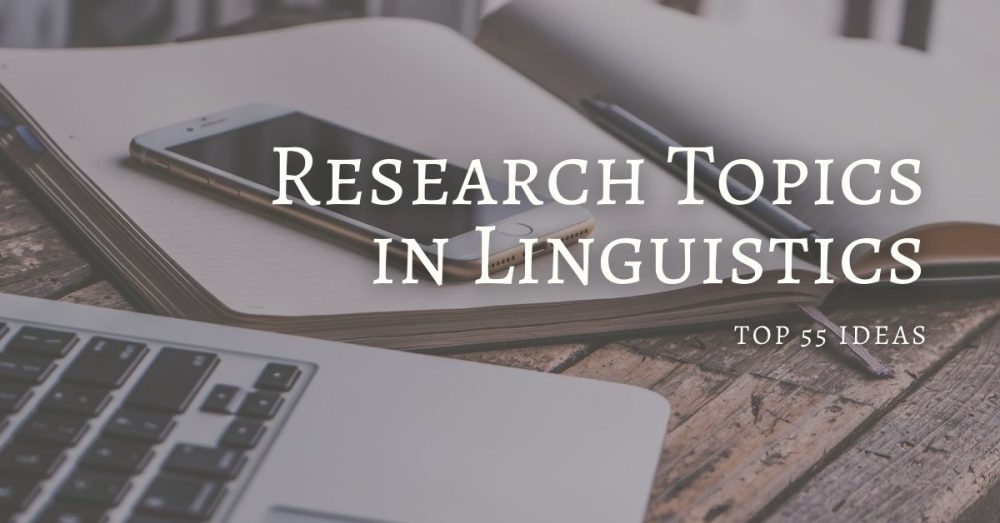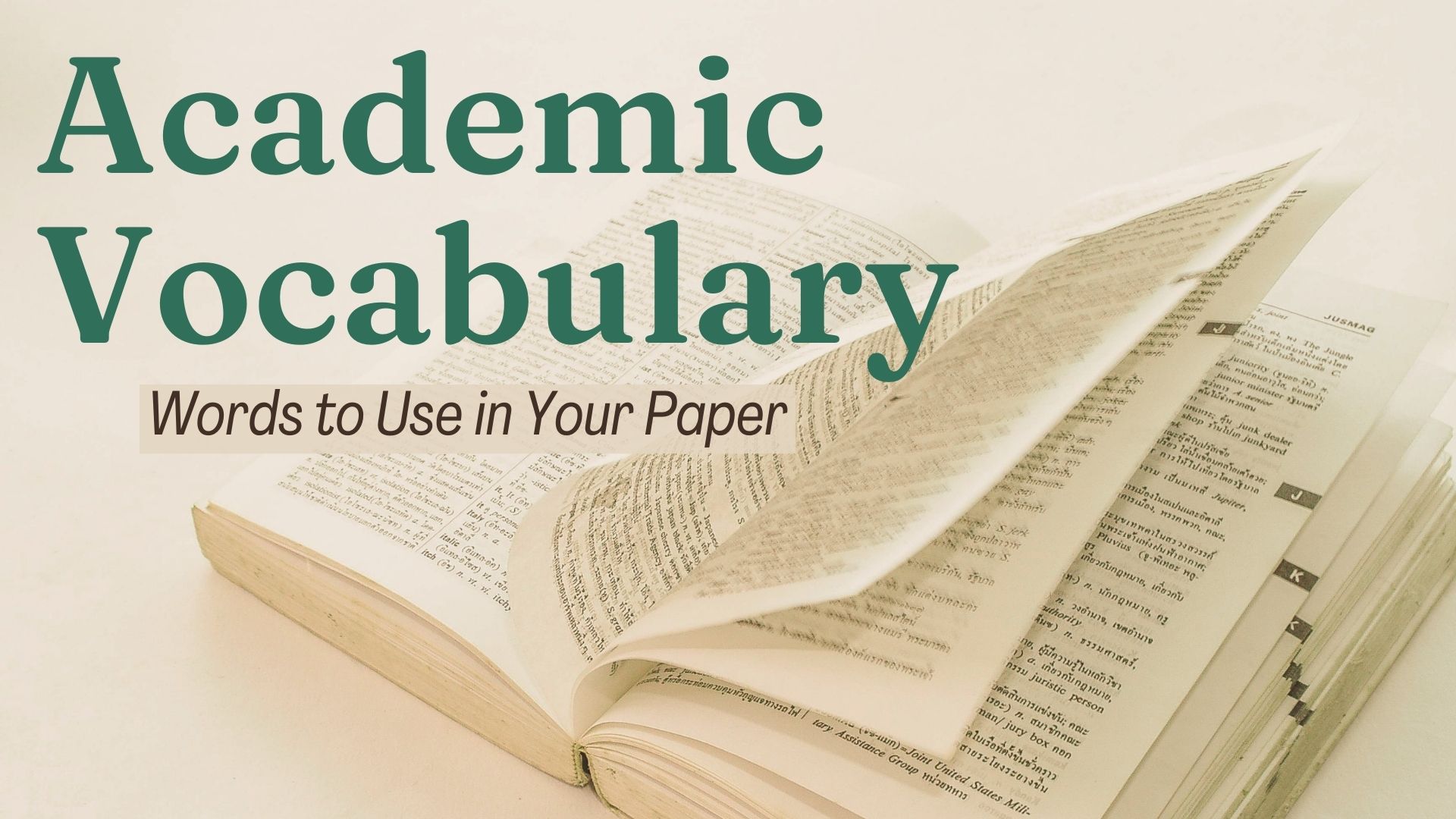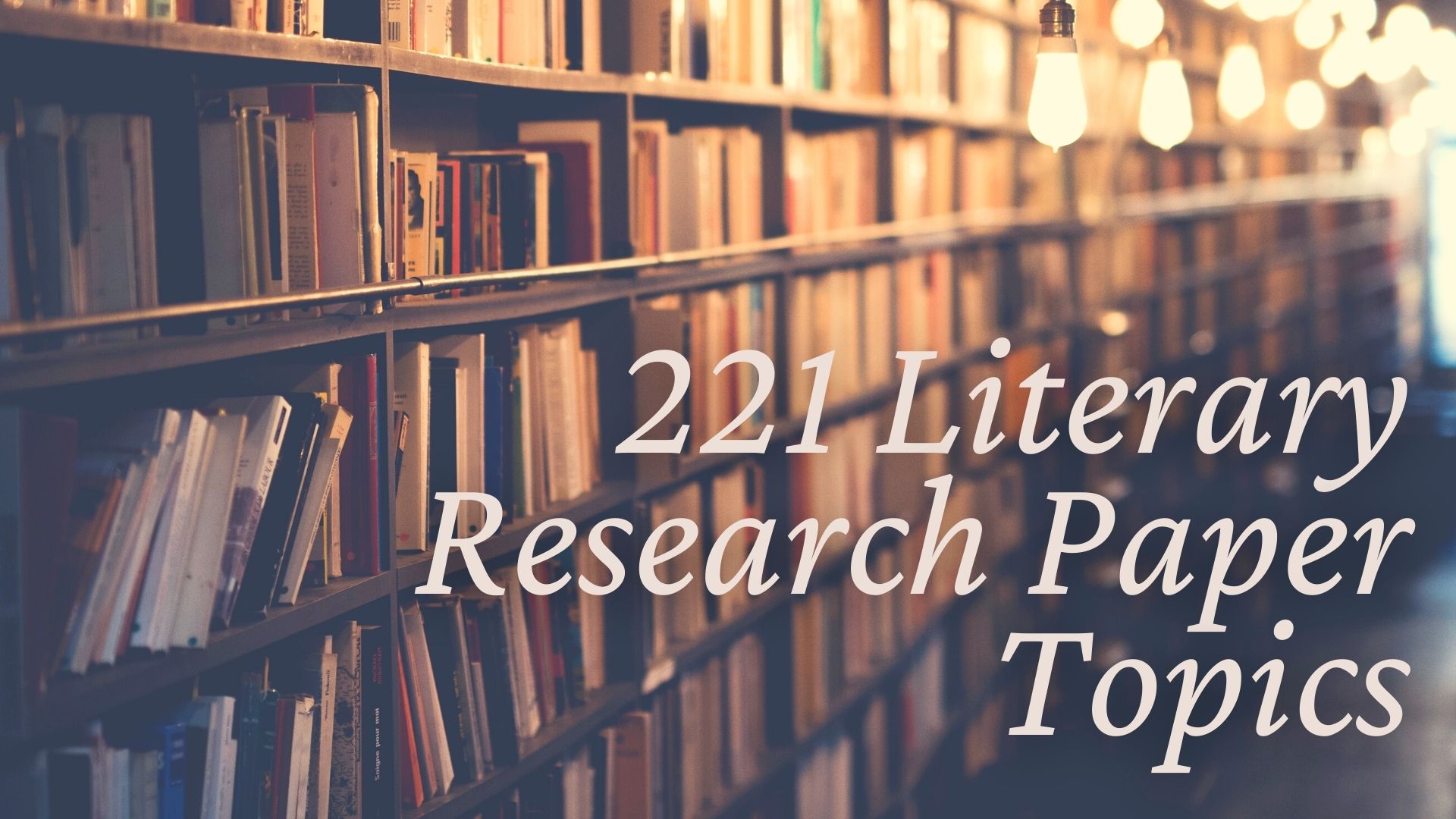William Shakespeare has made a great contribution to the English language. What role did Shakespeare play in the development of vocabulary? Shakespeare invented words by changing common words into nouns, verbs, or adjectives. As you can observe, some of Shakespeare words have either prefixes or suffixes. So, how many words did Shakespeare invent? There are more than 1700 words created by Shakespeare that we can see in his writings.
The Words That Shakespeare Invented
William Shakespeare may have invented thousands of words, however, some argued that some of these words might not have been invented by him. Instead, this list of Shakespeare vocabulary was actually first written on his works. Most scholars argued that these words which are credited to Shakespeare might have been spoken first. This contraversial topic may be a great idea for a thesis. Our thesis writers can help you handle it. Do you know what words did Shakespeare invent? Here, we will give you some of these words with its corresponding meanings.
Do You Know Some Shakespeare Words And Meanings?
Here are 50 words invented by Shakespeare. If you’d like to improve your writing skills, we advise you to learn and use them. Each word has its corresponding meaning. These words Shakespeare created has been used in one of his plays:
- Accommodation – means adaptation, adjustment, or compromise. Used in “Measure for Measure” – “For all the accommodations that thou bear’st Are nursed by baseness.”
- Addiction – meaning obsession or dependence. This is a common word that is usually used in celebrity news. However, it was first used in “Othello” – “what sport and revels his addiction leads him”
- Agile – means capable of moving instantly or easily. Can be found in “Romeo and Juliet” – “His agile arm beats down their fatal points.”
- Allurement – refers to enticement, appeal, or attraction. It was used in “All’s Well That Ends Well” – “one Diana, to take heed of the allurement of one Count Rousillon”.
- Antipathy – this is one of the words coined by Shakespeare that means to hate or dislike. Used in “King Lear” – “No contraries hold more antipathy Than I”.
- Arch-villain – by adding the prefix “arch-”: Shakespeare created this word that means a very mean person. He used this in “Timon of Athens” – “yet an arch-villain keeps him company”.
- Assassination – this term is used to describe a violent murder or killing. It was observed in “Macbeth” – “if the assassination could trammel up the consequence”.
- Bedazzled – this word was first used to describe the gleam of sunlight. But presently it is used for marketing rhinestone-embellished jeans. Has been used in “The Taming of the Shrew” – “my mistaking eyes, that have been so bedazzled with the sun”.
- Belongings – refers to possessions or properties. This is one of the words made by Shakespeare that can be seen in “Measure for Measure” – “thy belongings are not thine own”.
- Catastrophe – refers to disaster or the spectacular event that started the outcome of the story. You can read this in “King Lear” – “he comes, like the catastrophe of the old comedy.”
- Cold-blooded – most often this word is used to depict serial killers and vampires. But it was first used in “King John” – “Thou cold-blooded slave, hast thou not spoke”.
- Critical – very significant or prone to criticism. It was used in “Othello” – “For I am nothing, if not critical.”
- Demonstrate – to display, show, or present something. Also used in “Othello” – “this may help to thicken other proofs That do demonstrate thinly.”
- Dexterously – skillfully created or done with accuracy. Can be found in “Twelfth Night” – “Dexterously, good madonna.”
- Dire – means dreadful, miserable, or ominous. Used in “Comedy of Errors” – “To bear the extremity of dire mishap!”
- Dishearten – means to disappoint or dismay. The opposite or hearten is first used in “Henry V” – lest he, by showing it, should dishearten his army”
- Dislocate – means to make it out of place. This is shown in “King Lear” – “to dislocate and tear Thy flesh and bones.”
- Emphasis – it means giving attention to something or making it prominent. Can be seen in “Antony and Cleopatra” – “Be choked with such another emphasis!”
- Eventful – it is used to describe a momentous or exciting moment. It was expressed in “As You Like It” – “that ends this strange eventful history”
- Eyeballs – is another word for the eyes. Used in “As You Like It” – “Your bugle eyeballs, nor your cheek of cream,”
- Emulate – means to copy or imitate something. Can be read in “Merry Wives of Windsor” – “I see how thine eye would emulate the diamond”.
- Exist – means to obtain a reality. Used in “King Lear” – “From whom we do exist and cease to be;”
- Extract – means to withdraw, eliminate, draw out. This is depicted in “Henry V” – “Could out of thee extract one spark of evil”.
- Fashionable – it means stylish or trendy. Centuries ago it was used in “Troilus and Cressida” – “For time is like a fashionable host”.
- Frugal – refers to a person who is economical, thrifty, stingy. It was used in “Merry Wives of Windsor” – “I was then frugal of my mirth”.
- Half-blooded – having a relationship with one parent only. First used in “King Lear” – “Half-blooded fellow, yes.”
- Hot-blooded – being passionate or showing extreme feelings. Also used in “King Lear” – “the hot-blooded France, that dowerless took our youngest born”.
- Hereditary – something that you have inherited, congenital. This is evident in “Antony and Cleopatra” – “Hereditary, rather than purchased”.
- Horrid – means horrible or dreadful. One of the common Shakespeare words that was used in “Hamlet” – “cleave the general ear with horrid speech“.
- Impertinent – refers to being insolent, irrelevant, disrespectful. This is apparent in “Tempest” – “the suit is impertinent to myself”.
- Inaudible – refers to being silent or imperceptible. Was first expressed in “All’s Well That Ends Well” – on our quick’st decrees the inaudible and noiseless foot of Time”.
- Jovial – means being happy, cheerful, or jolly. Is used in “Macbeth” – “Be bright and jovial among your guests”.
- Ladybird – refers to a small, round beetle. But during Shakespeare’s time, it does not probably refer to the beetle, but rather it could mean “sweetheart”. It was mentioned in “Romeo and Juliet” – “What, lamb! What, ladybird!”.
- Manager – meaning the administrator or the person who runs the company. It was used to depict as such in “A Midsummer Night’s Dream” – “Where is our usual manager of mirth?”.
- Meditate – means to ponder, contemplate, or think. This is expressed in “Twelfth Night” – “I will meditate the while upon some horrid message”.
- Modest – means shy, moderate, or humble. It is used in “Coriolanus” – “but hunt With modest warrant”.
- Multitudinous – it means “a lot” or “too many”. Used in “Macbeth” – “this my hand will rather the multitudinous seas in incarnadine”.
- Mutiny – refers to revolution, uprising, or resistance. Is it found in “Julius Caesar” – “To such a sudden flood of mutiny”.
- New-fangled – it is used for describing the latest or the newest. Used in “Love’s Labour’s Lost” – “I no more desire a rose than wish a snow in May’s new-fangled mirth”.
- Obscene – means something indecent, immoral, or offensive. Can be observed in “Richard II” – “show so heinous, black, obscene a deed!”
- Pageantry – one of the words that Shakespeare created to describe a lavish show. It was described in “Pericles, Prince of Tyre” – “that you aptly will suppose what pageantry”.
- Pedant – someone who is perfectionist or formalist. It is used in “Twelfth Night” – “like a pedant that keeps a school”.
- Pell-mell – means something disordered, clutter, or in chaos. Used in “Love’s Labour’s Lost” – “Pell-mell, down with them!”
- Premeditated – something that is planned, intended, or deliberate. From “Henry V” – “have on them the guilt of premeditated and contrived murder”.
- Reliance – refers to assurance or dependence. From “Timon of Athens” – “And my reliances on his fracted dates”.
- Scuffle – refers to a brawl or a fight. It was first introduced in “Antony and Cleopatra” – “His captain’s heart, which in the scuffles of great fights”.
- Submerged – means immerse, sink, or underwater. This is used in “Antony and Cleopatra” – “So half my Egypt were submerged and made”.
- Swagger – means someone who is bragging or boasting. It was used in “Henry V” – “a rascal that swaggered with me last night”.
- Uncomfortable – feeling awkward or uneasy. This word was mentioned in “Romeo and Juliet” – “Uncomfortable time, why camest thou now”.
- Vast – something that is ample, very large or wide in range. Used in “Timon of Athens” – “with his great attraction Robs the vast sea”.
We hope that you have learned something from this Shakespeare words list. Knowing how many words did Shakespeare invented will make us wonder, is it also possible that we could create our new words and be understood?
Undeniably, whether or not he was the first to write down this list of words Shakespeare invented, he is still responsible for making them popular.
Even today, Shakespeare’s writings still continue to live on in our culture and tradition. It’s probably because his influence has become an important part in the development of our English language. It seems that Shakespeare’s writings have been deeply implanted in our culture, making it hard to image having a modern literature without his influence.
